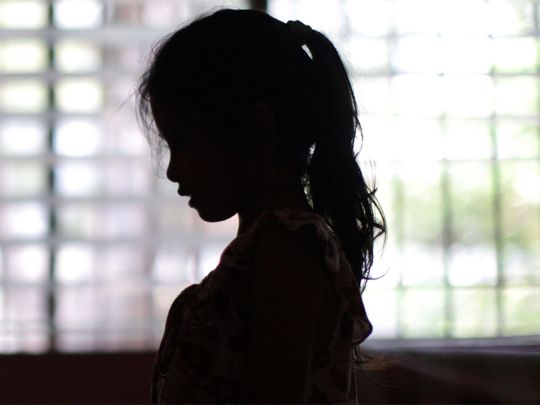
While on holiday, would you sign up to help out at an orphanage or build a well? Volunteering on vacation was a big trend a few years ago, but only recently have researchers learned about the impact it has had on developing communities. You might be surprised – it’s not as warm and fuzzy as it appears.
Click start to play today’s Word Search, where you can see that words like “helpfulness” and “prudence” work together.
The word “voluntourism” was first used in 1991. In the decades since, the practice of volunteering in a community where one is vacationing has become routine for those who are interested. With the click of a button, as a voluntourist, you can buy a working experience at an orphanage in India or join conservation efforts for Africa’s big cats in Botswana. But is this kind of occasional helping truly helpful?
Although voluntourism may be driven by good intentions, it creates economic challenges. According to a 2018 report by UK-based news website The Guardian, organisations often give volunteers the chance to build homes and schools, dig wells, and participate in other construction projects in poor villages. But the last thing the local community needs is imported unskilled labour, especially when jobs are hard to come by.
Moreover, for those looking to volunteer in orphanages in developing countries, there are even bigger issues. For one, according to ReThink Orphanages, a UK-based coalition that works to prevent unnecessary institutionalisation of children, decades of research has found that orphanages are an inappropriate response to poverty, and that children have the best shot at flourishing when they are in a family environment. Moreover, 80 per cent of children living in orphanages have one or more living parents, according to Friends International, an international nonprofit organisation focusing on children’s empowerment.
When voluntourists step in, the situation gets even more complicated. According to the United Nations (UN) website, in Cambodia, the number of orphanages is growing due to increased demand – not from orphans, but from Australian tourists willing to pay to work in them.
Perversely, orphanage voluntourism and international funding seems to be creating a demand for children to reside in orphanages. Those who set out to do good inadvertently create an environment that traps children from poor homes, who then likely fall prey to abuse and exploitation at corrupt orphanages. ReThink Orphanages reports that parents are often offered money to give up their children, or are coerced, enabling corrupt orphanages to profit through monetary donations or child trafficking.
The experiment of voluntourism, it appears, hasn’t succeeded. But there are many other ways the privileged can help. The World Bank’s blog suggests a few options, such as providing clean water to rural villages and medical treatments for the poor, sponsoring children’s education, and donating to projects that promote literacy and access to technology.
What do you think is the best way to help others? Play today’s Word Search and let us know at games@gulfnews.com.








